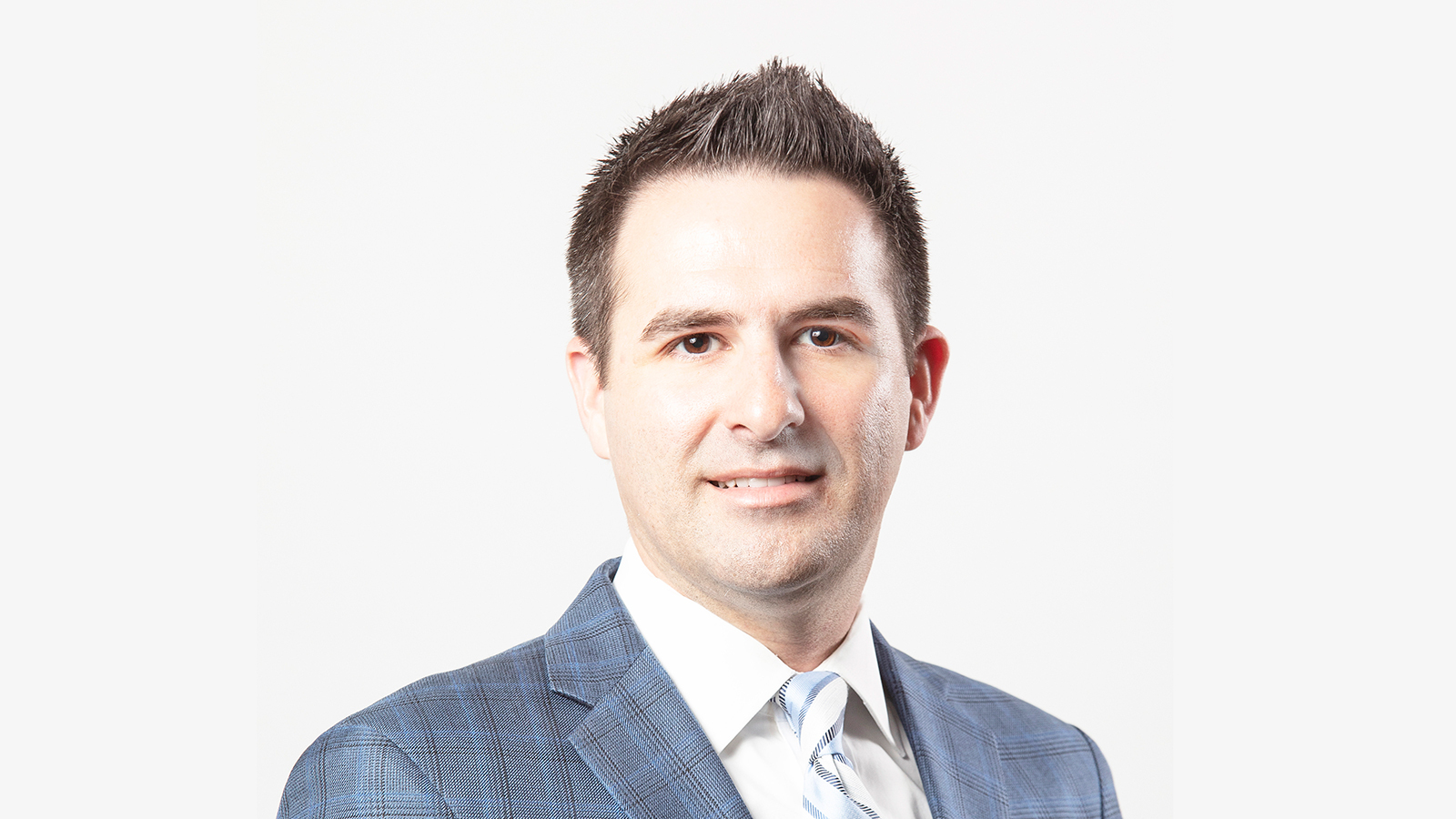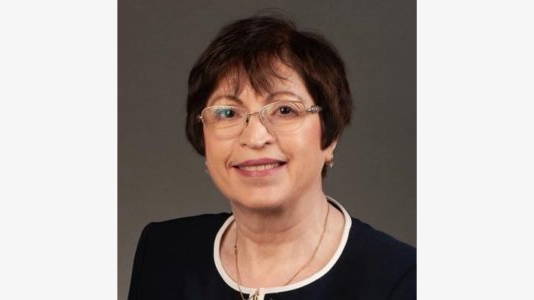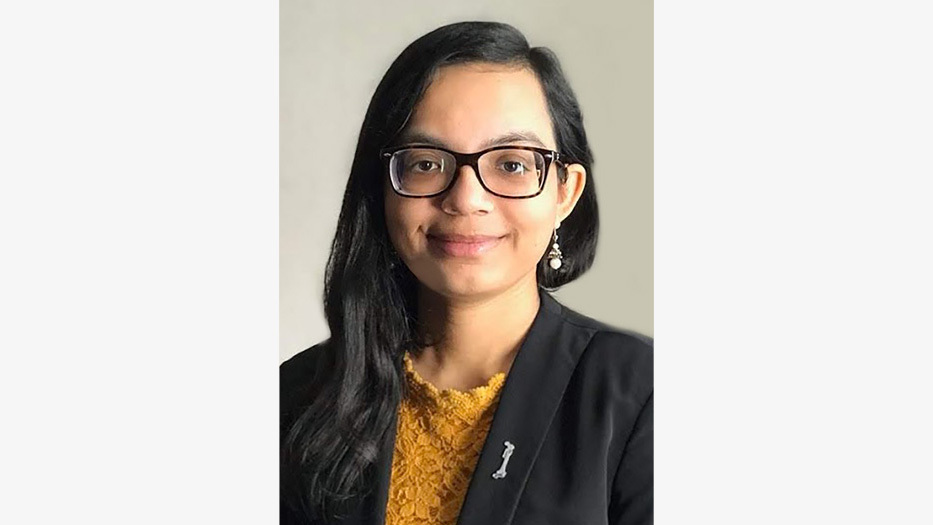
Dr. Morris:
There’s something fundamentally rewarding about working with the American Osteopathic Foundation (AOF) for the purpose of making people’s lives better.
It’s refreshing to serve with other stakeholders who truly aren’t in it for their own personal gain. And the American Osteopathic Foundation itself doesn’t have anything to gain per se. It doesn’t have members, business services, service lines, or anything like that.
The Foundation exists to support Osteopathic students and physicians through programs and services that help to elevate access to the patient-centered care that Osteopathic Medicine provides – just like the mission says.
My involvement with the AOF has been a good vehicle for me to stay grounded, especially with all the other things that I’m involved in. I always have the AOF perspective of constant improvement to return to. To say “Yeah, but let’s look at it through another lens; how we can help; what else we can do.”
AOF: You’re still relatively early in your medical career, all things considered, but you’re deeply involved in many aspects of the profession. Tell us a bit more about what you’re doing today, and how you got here.
Dr. Morris:
I’m an internal medicine physician in Oxford, Mississippi. I work primarily in academic internal medicine, graduate medical education, and undergraduate medical education – I juggle several administrative, academic, and clinical hats in that realm.
I’m actually the 15th DO in my family, so I grew up around Osteopathic Medicine my whole life. I’m a “non-traditional” physician in a sense – my path to medical school wasn’t straight out of undergrad. I was a business major – investment finance – and I worked in business management and consulting a few years before going back to school.
With my family history, there was no question in my mind what my degree path was going to be for becoming a physician – I was always going to be a DO. The only question really was which specialty I was going to choose.
I graduated from residency in 2015, and despite still being pretty early in post-residency clinical practice, I’ve been involved in trying to connect the worlds of academics with operations, administration, and clinical medicine to ensure better patient care.
AOF: And you’re an active board member for the AOF – we’re lucky to have you. As a member of the board, what areas of impact and involvement inspire you?
Dr. Morris:
I’m drawn to the American Osteopathic Foundation’s focus on leadership, and supporting, celebrating, and developing leaders in any form.
I think the funding the AOF provides for Training and Policy Studies and the Health Policy Fellowship is particularly important. I completed the TIPS program when I was in residency, and I had to come up with my own funding for it. I think it’s excellent that there is a mechanism in place to help others avoid that financial burden.
Foundation awards that center around leadership are important. Take the Karen J. Nichols, DO, LEAD Scholar award for example. It supports, honors, and encourages Osteopathic medical students who show promise and exhibit foundational leadership skills. This and other awards from AOF encourage students who are emerging as leaders to continue making an impact in the profession and with those in their care.
We all have our own lens that we view the world through, and it comes from all our unique experiences – the things that make us who we are. I think the intersections at different phases of life are very powerful moments for us to make an impact. Like the transitions medical students face from one phase of their career to the next. That’s a very powerful opportunity to provide support, practical advice, and affirmation they need.
I’ve had the opportunity to experience those meaningful interactions in several ways through the AOF.
AOF: What challenges do you see today’s medical students facing in the future, and how do you see the AOF helping them meet those challenges?
Dr. Morris:
The practice of medicine in general is at a very dynamic time. The role of physicians in healthcare 20 years from now is going to be very different from what it is today. We need to be training today’s students for what they’re going to need to be doing 10, 20, 30 years from now. It’s hard to do, because we’re dealing with today’s limits and realities.
At the Osteopathic medicine level, I think we have an even heightened challenge on top of that. Because some of the things that made the Osteopathic profession unique 50 years ago are now taught and encouraged across the board in medical schools. Things like bedside manner, a whole person approach to patient care, and welcoming students from all walks of life. I think the Osteopathic profession has a challenge ahead as we advocate for the future of the profession — to define and determine our place, our goals, our distinction.
The AOF is helping to drive the future of the Osteopathic profession by providing funding for programs that help people grow in ways that impact these problems, like health policy education and leadership development. Funding opportunities like these is very important, because participants can bring what they learn back to make an impact at the local level, at the state level, and at the national level. They bring what they learn into the boardroom and to their medical staff. They use what they learn to become a better leader for their clinical team – one with a clear vision for the future, and the tools to help create it.
AOF: What’s your vision for the future of AOF support in the Osteopathic profession?
Dr. Morris:
I think if you ask 200 DOs what the practice of Osteopathic Medicine looks like for them, you’re going to get 200 different answers. That’s a good thing for our profession. By supporting DOs doing the things that are important to them, AOF helps ensure a sustainable profession moving forward.
In his book Drive, Daniel Pink explains that people are motivated by three things: purpose, mastery, and autonomy. If we don’t have those three things, we struggle to feel like we have a place, that we belong.
The American Osteopathic Foundation creates motivation and belonging when they say to a student or DO: “Hey, we see your unique sense of purpose, and we want to support you. We want to help you while maintaining your autonomy as you figure out how to exercise that purpose. We want to support you in your effort to master it, whether that’s financially, providing resources, or networking and connecting people.”
That’s how the AOF supports the profession.
That’s how the AOF elevates the health of communities around the world.
The American Osteopathic Foundation continuously seeks to discover, support, and celebrate the unique purpose of Osteopathic leaders like Dr. Seger Morris. Your support helps us honor the leaders already at work in our profession and inspire new leaders to pursue their passions.
To nominate an Osteopathic leader for an award, or to apply for a scholarship or grant, visit our Grants, Scholarships, and Awards page. To volunteer, please contact Terry Sanders. To make a gift to the American Osteopathic Foundation, please visit our Online Giving page.
Together, we can continue to elevate Osteopathic medicine and the dedicated DOs who provide it.


